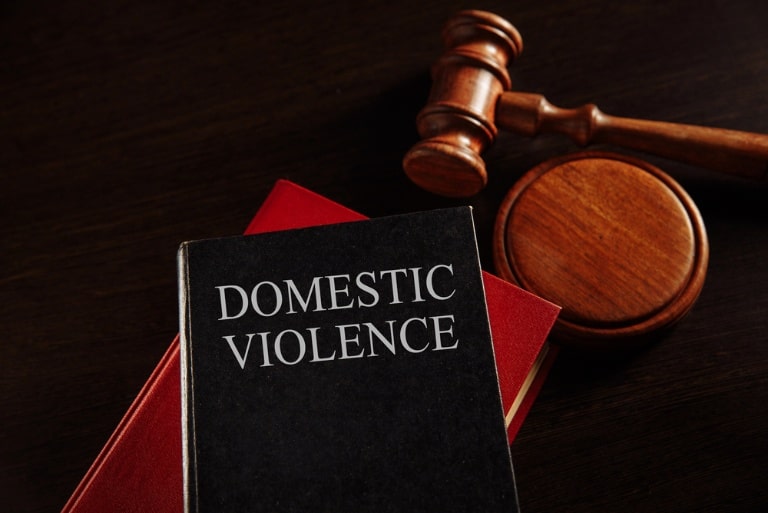The Impact of Victim Testimony on Domestic Violence Prosecutions

Victim testimony plays a critical role in domestic violence cases. It often provides the most direct account of the abuse, enabling the legal system to address and hold offenders accountable.
While prosecutors rely on various forms of evidence in these cases, testimonies from the victims can have a decisive influence. One key factor in the legal process is the victim’s willingness and ability to testify, which is often essential to prosecute a domestic violence case successfully.
Many victims are reluctant to testify for fear, trauma, or financial dependency on the abuser. The strength and credibility of their testimony can make the difference between securing a conviction and facing dismissal. This reliance on victim statements raises essential questions about the challenges prosecutors face and how the legal system supports victims.
Why Is Victim Testimony Important in Domestic Violence Cases?
Victims’ testimony offers a first-hand perspective that can reveal the complexities and severity of abuse, which may not be fully captured by physical evidence alone. Since many forms of domestic violence occur behind closed doors, victim testimony often fills gaps left by the lack of witnesses or forensic proof.
This evidence can establish behavioral patterns, illustrate abuse impact, and counter the abuser’s narrative. Furthermore, victim statements help investigators find vital evidence, such as medical reports, photographs, or text messages.
These elements work together to build a strong case. Without the victim’s input, critical details may remain unknown or unproven, significantly weakening the prosecution.
What Are the Challenges Victims Face When Testifying?
Testifying in court can be an intimidating and retraumatizing experience for victims. Fear of retaliation is a significant concern, which can deter victims from cooperating or cause them to recant their statements.
Victims may also struggle with memory gaps or emotional distress that affect how they recall events, making their testimony appear inconsistent or unreliable. In some cases, the courtroom environment itself may feel hostile or unsupportive.
Defense attorneys often use aggressive tactics to challenge the victim’s credibility. This can create additional stress and discourage victims from testifying wholly or truthfully. These barriers need to be addressed to improve legal processes that rely on victim testimony.
How Do Courts and Prosecutors Support Victim Testimony?
Due to domestic violence’s sensitive nature, many jurisdictions have introduced measures to protect and assist victims. These include allowing testimony to be given via video link, providing support persons during testimony, and offering counseling services.
Prosecutors also work to build trust with victims, ensuring they are familiar with the legal process and their rights. Training programs for judges and attorneys have been improved to help them better understand and empathize with the experiences of victims.
These efforts aim to reduce re-traumatization and encourage truthful, detailed testimony. When victims feel supported, they are more likely to express themselves fully, improving the chances of a successful prosecution.
What Are the Effects on Case Outcomes?
Research shows that cases with victim testimony are more likely to result in convictions. Statistically, domestic violence prosecutions are more likely to result in plea deals or guilty verdicts when the victim cooperates with the prosecution, according to the Department of Justice.
However, victim testimony alone does not guarantee a conviction; Supporting evidence is essential. Cases without victim participation often face higher dismissal rates because proving abuse becomes more difficult.
Key Takeaways
- Victim testimony is often central to proving domestic violence due to the private nature of the abuse.
- Fear, trauma, and intimidation may hinder victims from testifying, posing challenges to prosecution.
- Legal systems increasingly provide protections and support to encourage victim participation.
- Cases with victim testimony are more likely to end in conviction, although corroborating evidence remains essential.
- Supporting victims through the process is crucial for achieving justice and safety.




